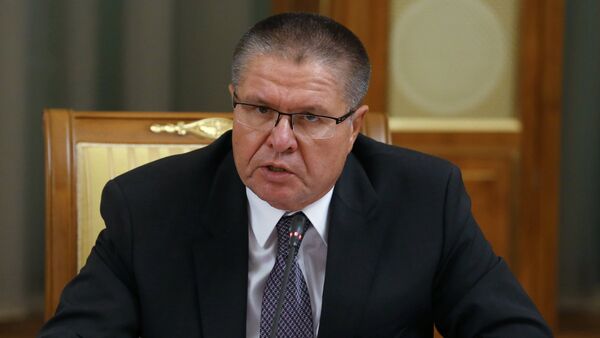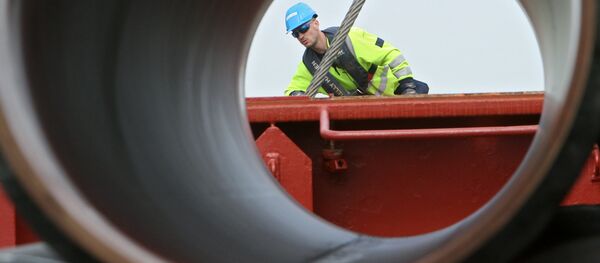"We have discussed today the existing problems, and have agreed upon the way we will jointly promote the project, which definitely is a project of common interest that increases the level of energy security in Europe, and this is a game, in which all parties win," Ulyukaev said following a meeting with Austrian Vice-Chancellor Reinhold Mitterlehner.
The Nord Stream 2 is a proposed gas pipeline that would pass under the Baltic Sea, bypassing Estonia, Lithuania, Latvia and Poland, to provide an additional route for Russian gas to be delivered to Germany. The pipeline could provide up to 55 billion cubic meters of direct gas supplies from Russia.
While some EU member states, such as Poland and Lithuania, are opposed to the northern gas pipeline due to concerns over increased energy dependence on Russia, Germany reaffirmed its interest in the project in late 2015, saying that it would bring more benefits for EU members and provide energy safety and security to the 28-nation bloc.
On January 20, the CEO of Austria's oil and gas company OMV, Rainer Seele, called for consolidated EU support for the Nord Stream 2 gas pipeline project, stressing the need to convince the European Commission that the project was in Europe's interests. The project fully complies with the EU Third Energy Package, according to Seele.



